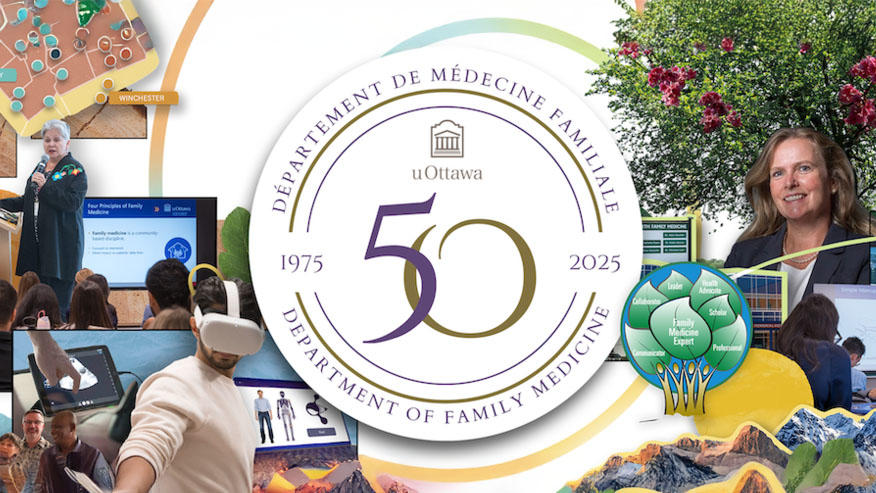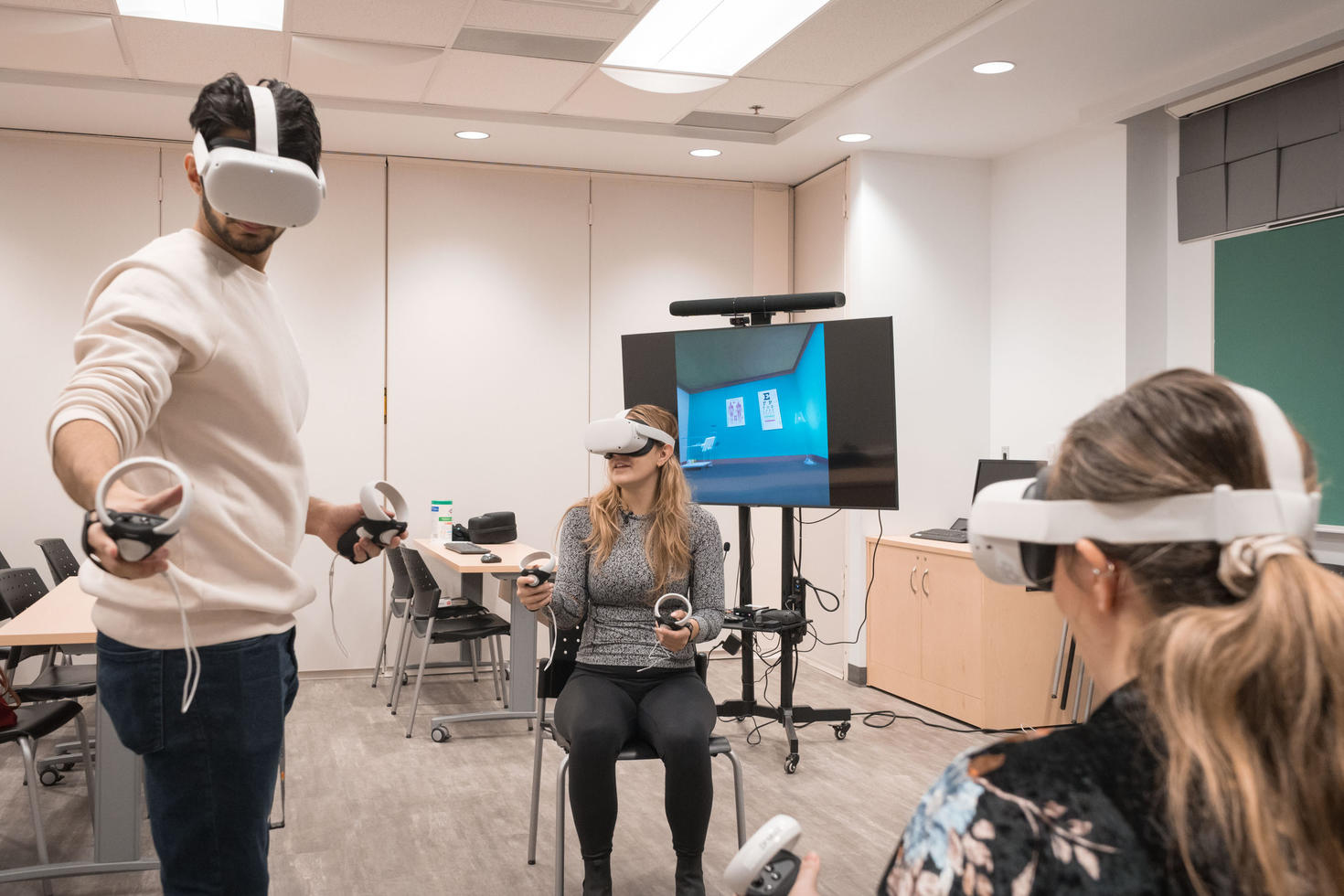For 50 years, the Department of Family Medicine (DFM) at the University of Ottawa Faculty of Medicine has been shaping the future of primary care, training physicians who practice in compassion, continuity, and community.
This milestone year invites reflection on a remarkable journey of achievement and evolving vision.

Five decades of impact
From its establishment as a clinical department in 1975, the DFM has been guided by a commitment to education, bilingual excellence, and community-based care.
The department has continued its trajectory of growth and innovation from its inception, when just 17 residents were accepted into the residency program. Today, the DFM is the largest of the twelve clinical departments within the Faculty of Medicine, with over 675 faculty members, including 120 primary preceptors supporting 198 residents across PGY1, PGY2 and PGY3 academic and community teaching sites.
The DFM has advanced steadily in community engagement, innovation and research. Current chair Dr. Clare Liddy has shown tireless work and dedication to family medicine.
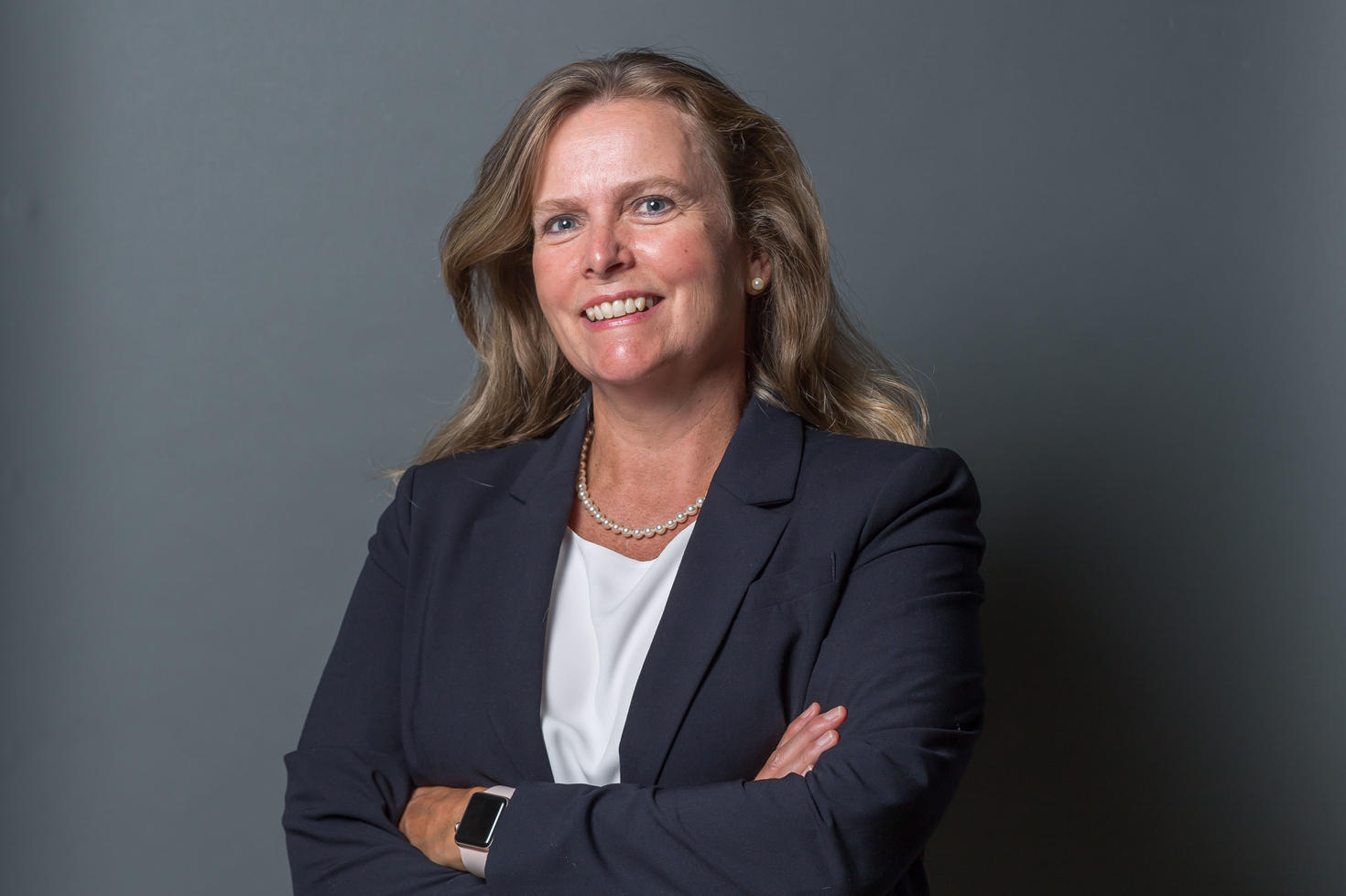
“As we celebrate our half-century mark, we recognize not only how far we’ve come, but how essential family medicine remains in building a healthier future for all,” says acting chair Dr. Bill Hogg.
Serving diverse populations: a constant priority
By integrating the humanities into medical education to deepen trauma-informed care and narrative sensitivity, and by expanding training in gender-affirming care, long-term care, and francophone simulation clinics, the department is broadening how future clinicians understand and serve their patients.
The DFM has continued to strengthen partnerships with Indigenous communities by supporting mentorship, cultural learning, and the Indigenization of the curriculum, including innovations in learning. Similarly, its engagement with the Black Medical Students Association of Canada, global health initiatives, rural and northern training sites, and specialized programs in women’s health and veterans’ care reflects an unwavering commitment to inclusive, community-embedded training.
This mosaic of programs ensures each learner understands the lived experiences and systemic barriers that shape health outcomes—building not only clinical expertise, but deep professional empathy.
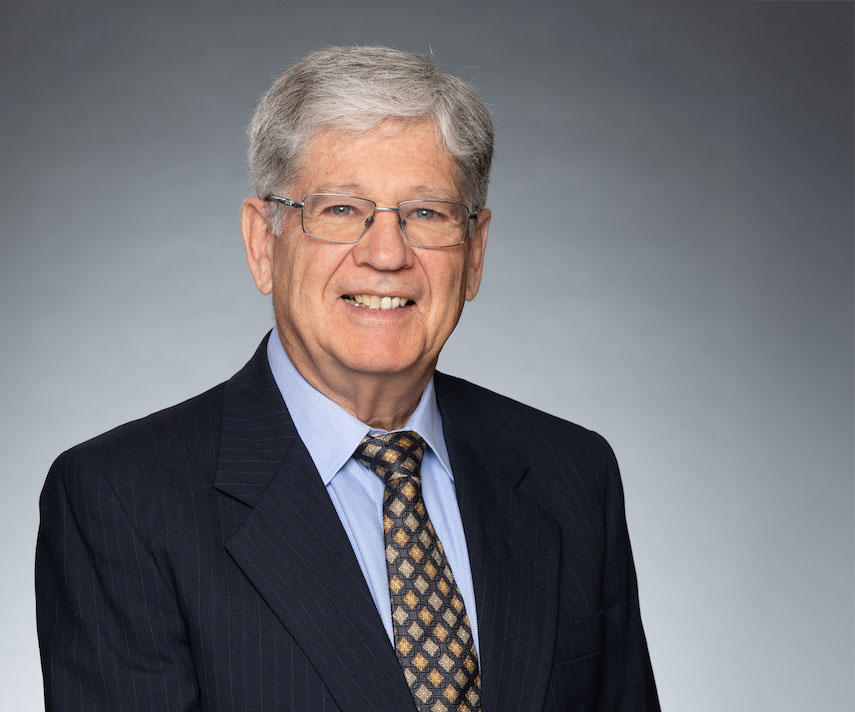
“As we celebrate our half-century mark, we recognize not only how far we’ve come, but how essential family medicine remains in building a healthier future for all.”
Dr. William Hogg
— Acting chair, Department of Family Medicine
Meeting today’s needs
The Residency Program has continually evolved, shaped by feedback, accreditation standards, and the needs of learners and communities. Under his leadership as postgraduate program director, Dr. Sohil Rangwala is reinforcing the department’s vision by creating a supportive, innovative, and responsive learning environment that prepares graduates for the full scope of Family Medicine practice across Canada.
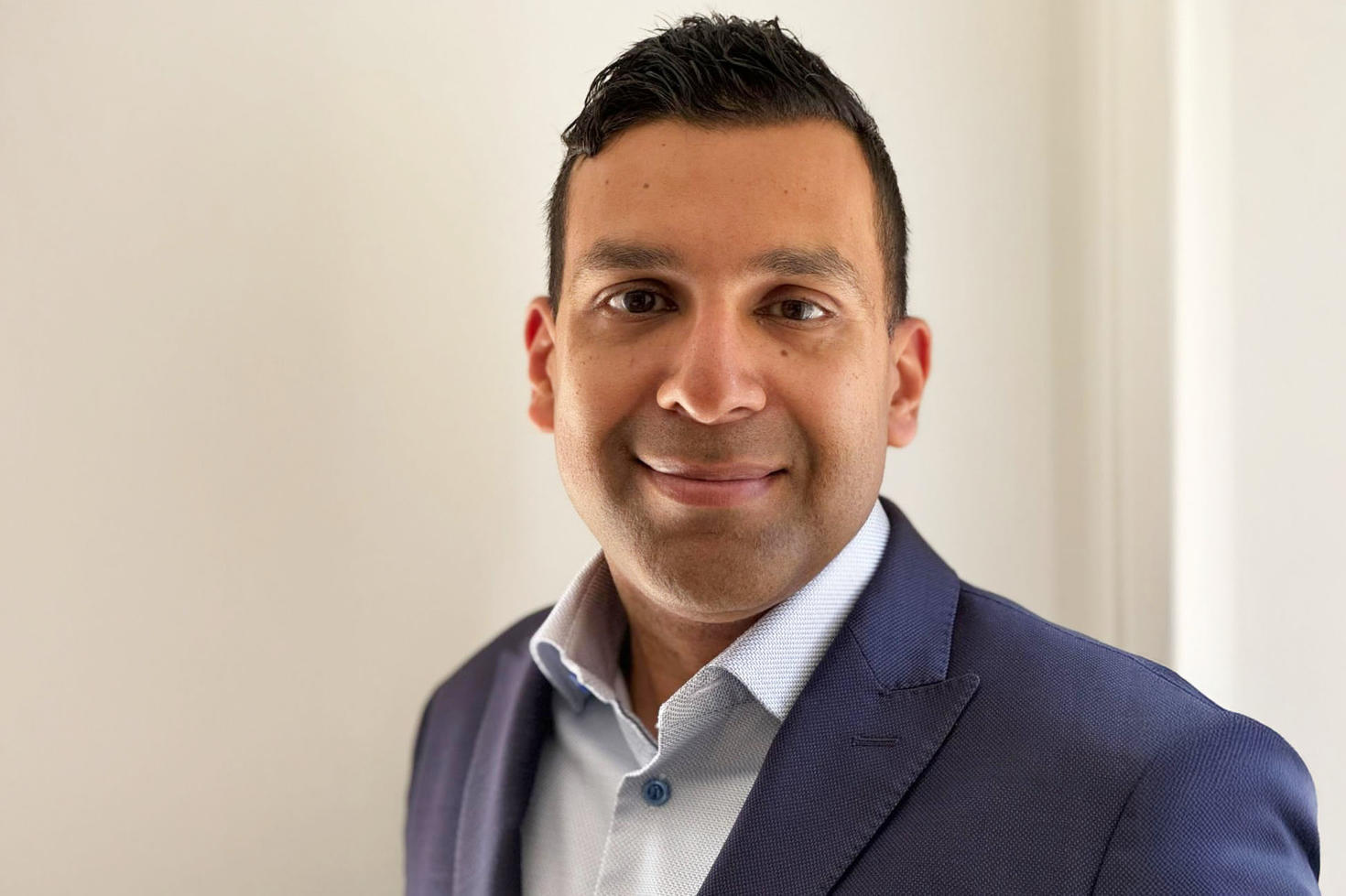
As Canada faces growing challenges in primary care access, the DFM is at the forefront of solutions: advising government, contributing evidence to policy development, and advocating for accessible, sustainable primary care.
Its comprehensive plan in 2023 proposed a team-based primary care model to serve 134,000 unattached patients in the Ottawa region. More recently, the department is playing a key role in seeding a vision for an innovative new interdisciplinary primary care hub that will build direct care capacity via primary care teaching clinics and provide novel learning experiences for an increased number of medical residents. The DFM is still expanding the number of residents it trains: it will soon reach 200, and funding has been allocated to build a new teaching clinic.
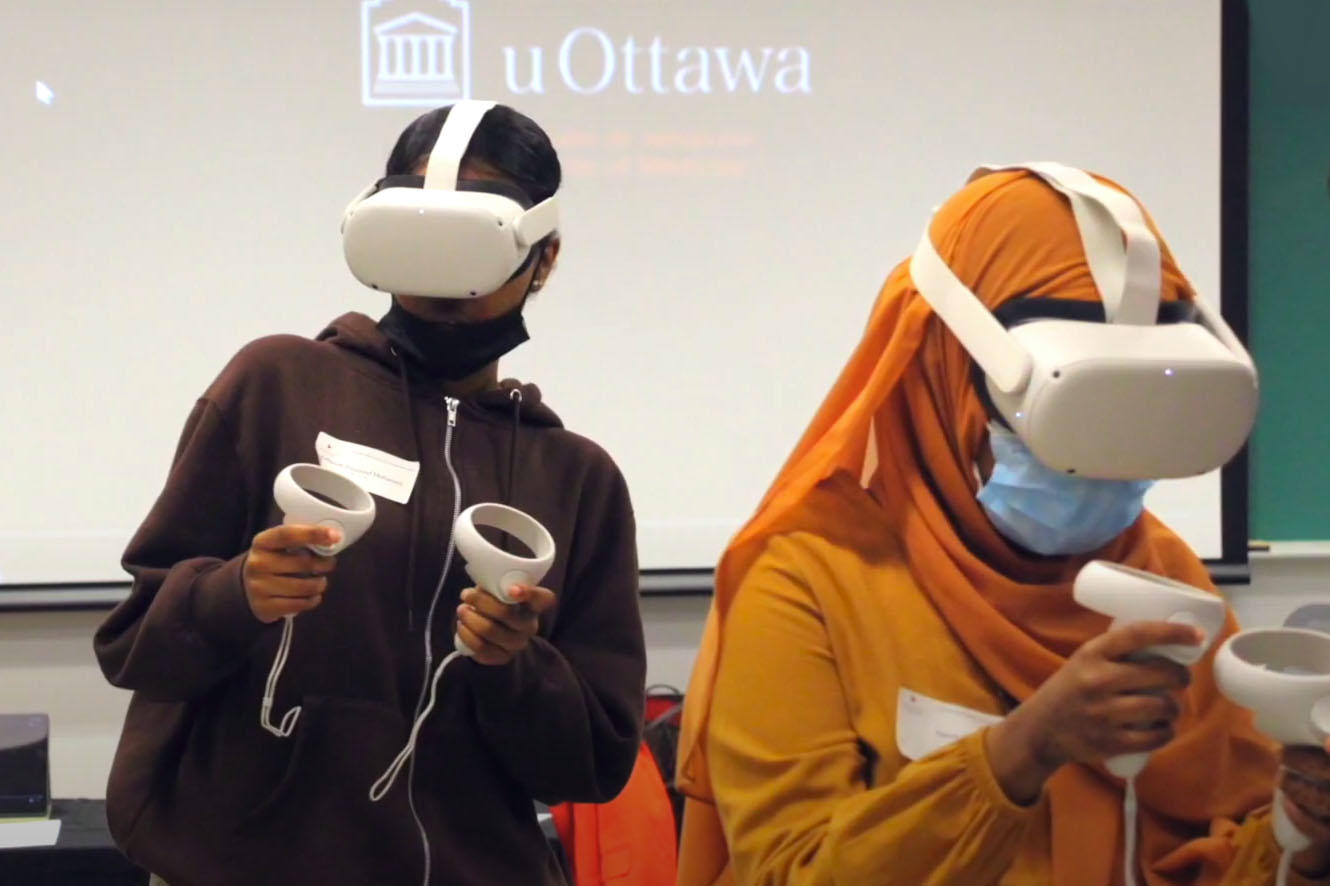
The department embraces research as key to transforming how care is delivered. With more than $17.9 million in active research funding in 2024, DFM investigators are advancing digital health, interdisciplinary care models, global health partnerships, and innovations in primary care delivery. International collaborations, such as the MOU with the College of Family Physicians, further expand the department’s reach by sharing best practices and growing research capacity worldwide.
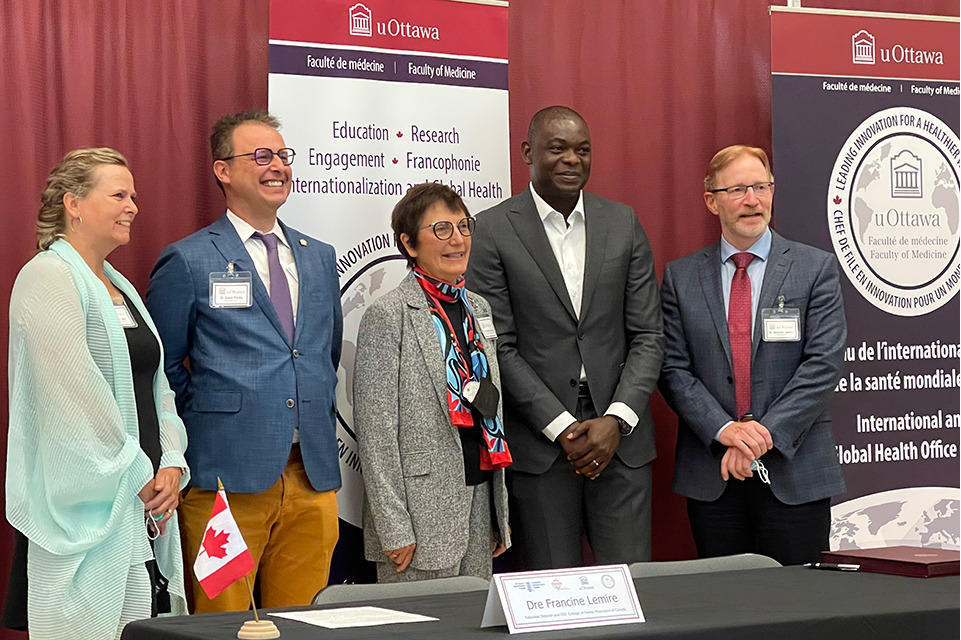
The next 50 years
The DFM will continue to provide stewardship to communities and promote the health of all Canadians through a continued focus on educational transformation, leading impact in research, innovation and global health, and through reinforced commitment to caring for communities.
Dr. Denice Lewis, director of education innovation and transformation, is leading curriculum renewal by addressing gaps and inequities in the curriculum and driving a crucial shift in training.
“We are taking a philosophical approach to education that focuses on a strong sense of belonging in our profession along with activities to increase preparedness in effective training environments,” says Dr. Lewis.
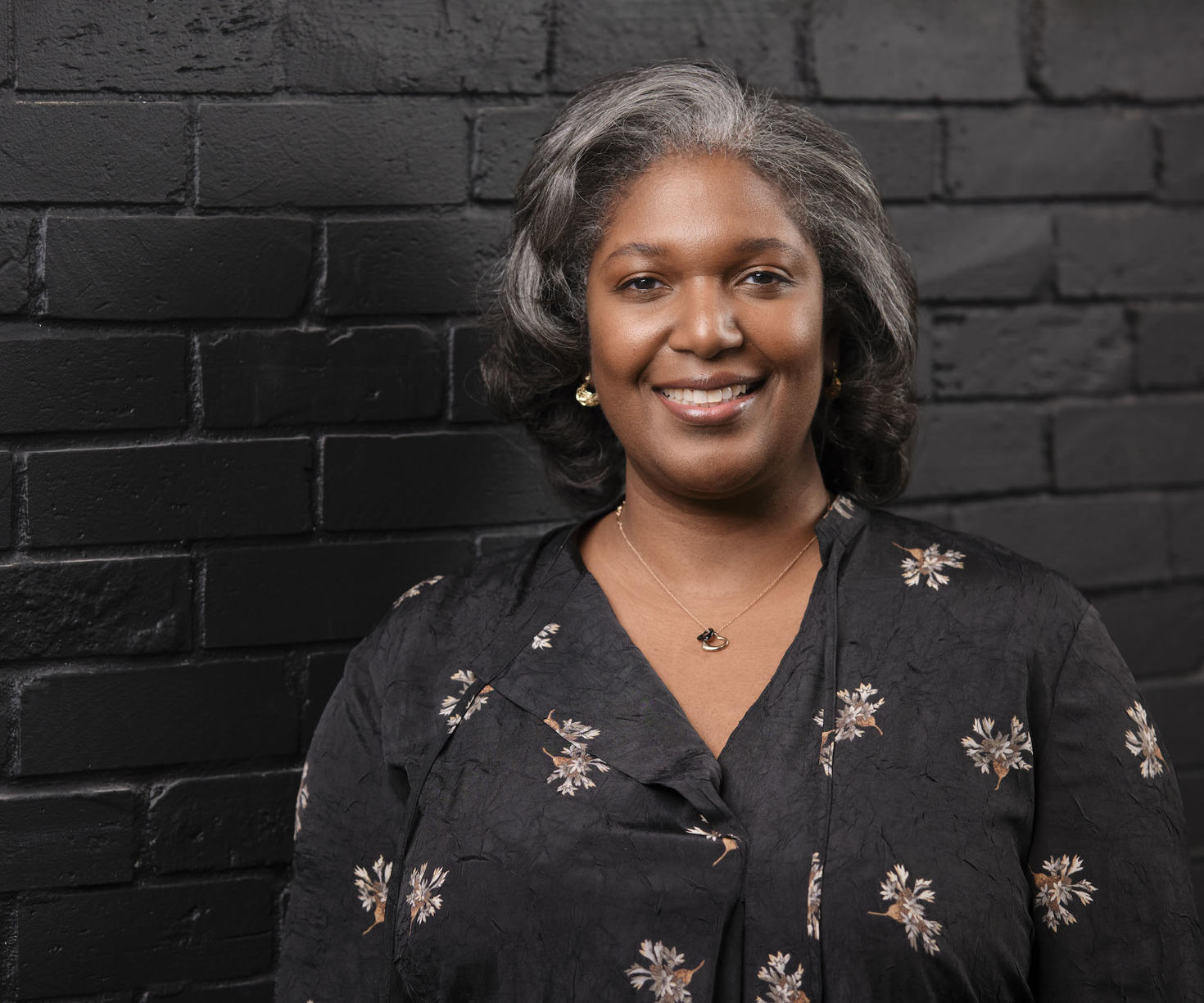
“We are taking a philosophical approach to education that focuses on a strong sense of belonging in our profession along with activities to increase preparedness in effective training environments.”
Dr. Denice Lewis
— Director of education innovation and transformation, Department of Family Medicine
Responding to societal needs through continuous quality improvement, expanding teaching sites, and engaging faculty and leadership, the department is building on its strong foundation to shape the future of Family Medicine education.
Over the next half-century, the DFM will proudly continue to be guided by its unwavering commitment: that of training compassionate physicians, advancing knowledge, and promoting health for all Canadians.
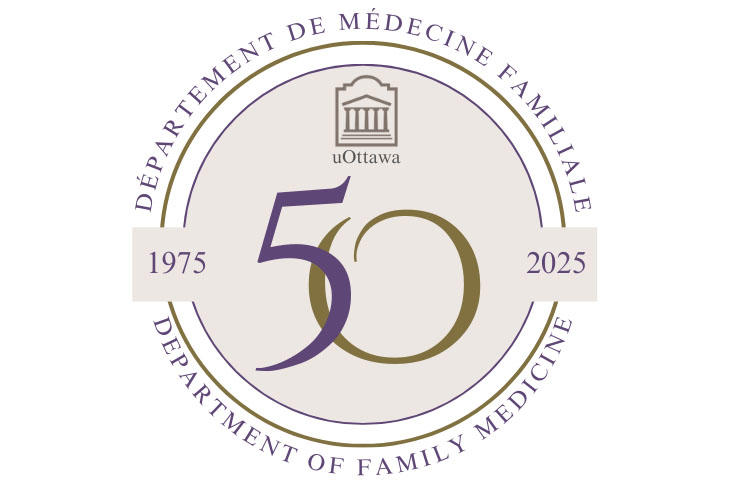
In 2024, the Department of Family Medicine proudly launched a first-of-its kind video highlighting why family medicine is essential in the Canadian health care landscape. Titled “A Tribute to Family Medicine,” the video pitches family medicine as the foundation of communities, with family physicians as pillars of support and guardians of community health and well-being.
Discover the journey of the Department of Family Medicine, showcasing some key achievements of the Department’s past 50 years through a visual timeline.
| Support the Faculty of Medicine today! Enter the “Social Accountability Initiatives at the Faculty of Medicine” in our online donation form to help support our education initiatives. |
